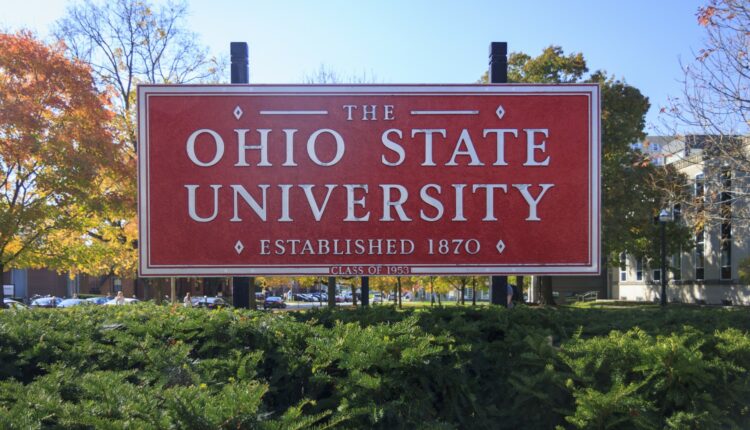Ohio State University: New graduate certificate addresses racial disparities in education
Fall semester 2022 marks the first time that The Ohio State University is offering a new graduate certificate in anti-racism in education.
Presented by the College of Education and Human Ecology (EHE), the certificate provides resources for current and future educators to examine issues of race and identity in the classroom and beyond, said Winston Thompson, an EHE associate professor who is administering the program.
“We see this as a certificate offering that’s going to be attractive to K-12 classroom teachers who are trying to navigate what’s going on in their classroom spaces,” he said. “We could also imagine that this is going to be attractive to folks who are current students at Ohio State.
They might be graduate students and they want to think through how to better understand race in their own teaching. Or perhaps they’re graduate students who see teaching in their future and they want this certificate in preparation for that kind of work.”
One objective of the certificate is to address racial disparities in education, said Donna Ford, an EHE Distinguished Professor who is also administering the program.
“White teachers make up about 85% of all (K-12) teachers,” she said. “Out of all teachers, Black males are 1%, Black females are 6%, and for Hispanics, it’s 7% and it’s the same way in terms of the gender breakdown.”
Ford cited data she has compiled in her research indicating that while people of color are underrepresented in the teaching profession, Black students – especially Black males – are overrepresented in negative educational outcomes.
“Who is the majority getting disciplined? Who is being over-referred and placed in special education?” she said. “Who is not beingDonna Ford
Donna Ford
referred to gifted programs, to advanced placement programs and so on?”
The graduate certificate in anti-racism in education curriculum is designed to dispel myths, Ford said.
“My parents called it ‘deficit thinking’ – the less you know about others, the more you make up. The less you know about minoritized children, the more you make up,” she said. “My goal is, instead of deficit thinking, I want dynamic thinking – the more you know, the less you make up.”
The program curriculum is relevant for white teachers who lead classrooms with students of color, as well as participants from diverse backgrounds, Ford said.
“Minoritized students will definitely benefit, as well, because we need to learn how to be global citizens. We travel, we interact with people who come from a culture and speak languages different from us,” she said. “I want to be culturally competent. I want our minoritized students, educators – everybody – to be culturally competent, so it’s a win-win for any student who is seeking to get this certificate.”
The certificate can be pursued concurrently with a graduate degree or as a stand-alone option for students who are not seeking a degree. Course offerings include “Cultural Diversity: Developing a Multicultural Awareness,” “Facilitating Intergroup Dialogues in Education,” and “Ethics and Education: Equality, Freedom and Justice in Schools.”
“Ohio State has long offered a number of really good and thoughtful courses that engage teachers in thinking through a lot of this work,” Thompson said. “Bringing them all together under the banner of an anti-racism in education certificate seems really appropriate in this moment.”

